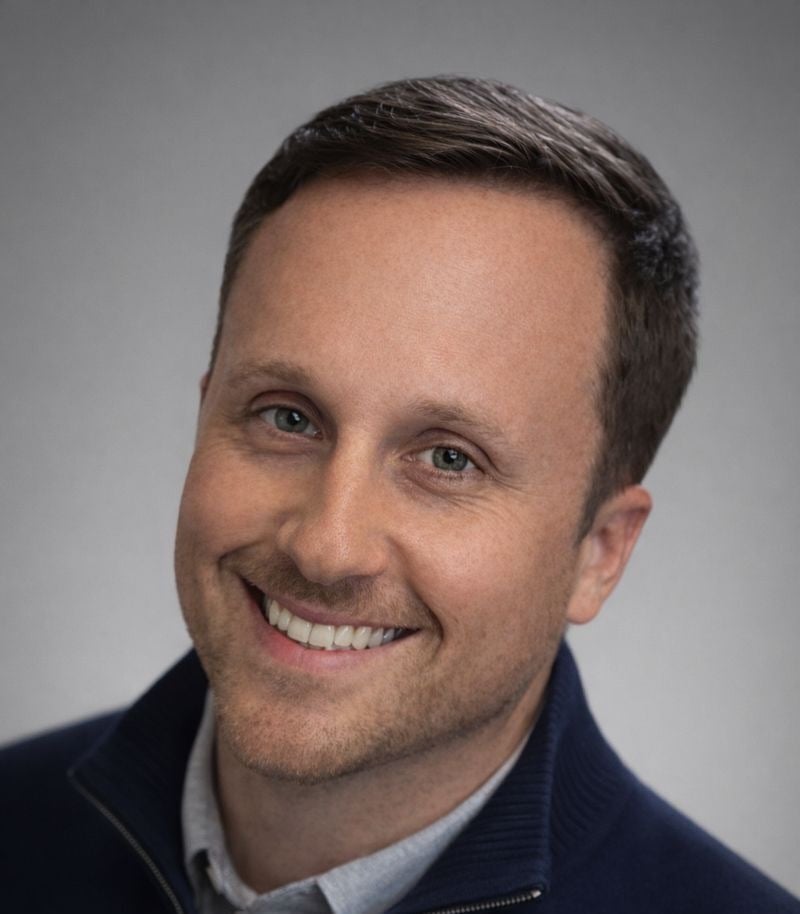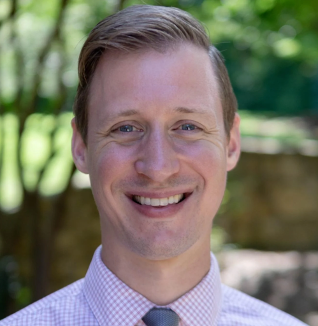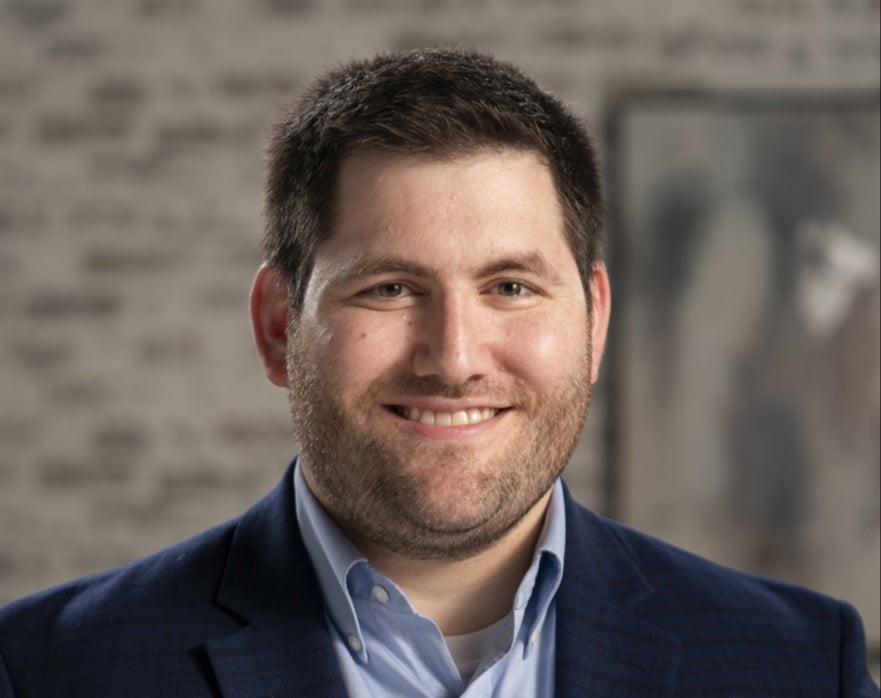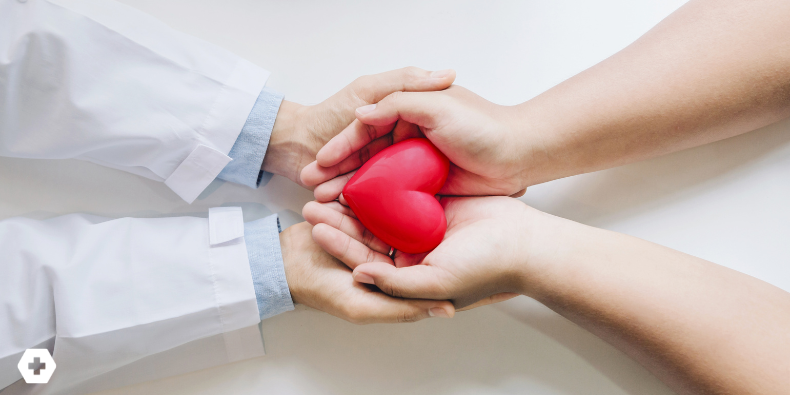
Emotional Boundaries in Medicine: Yay or Nay?
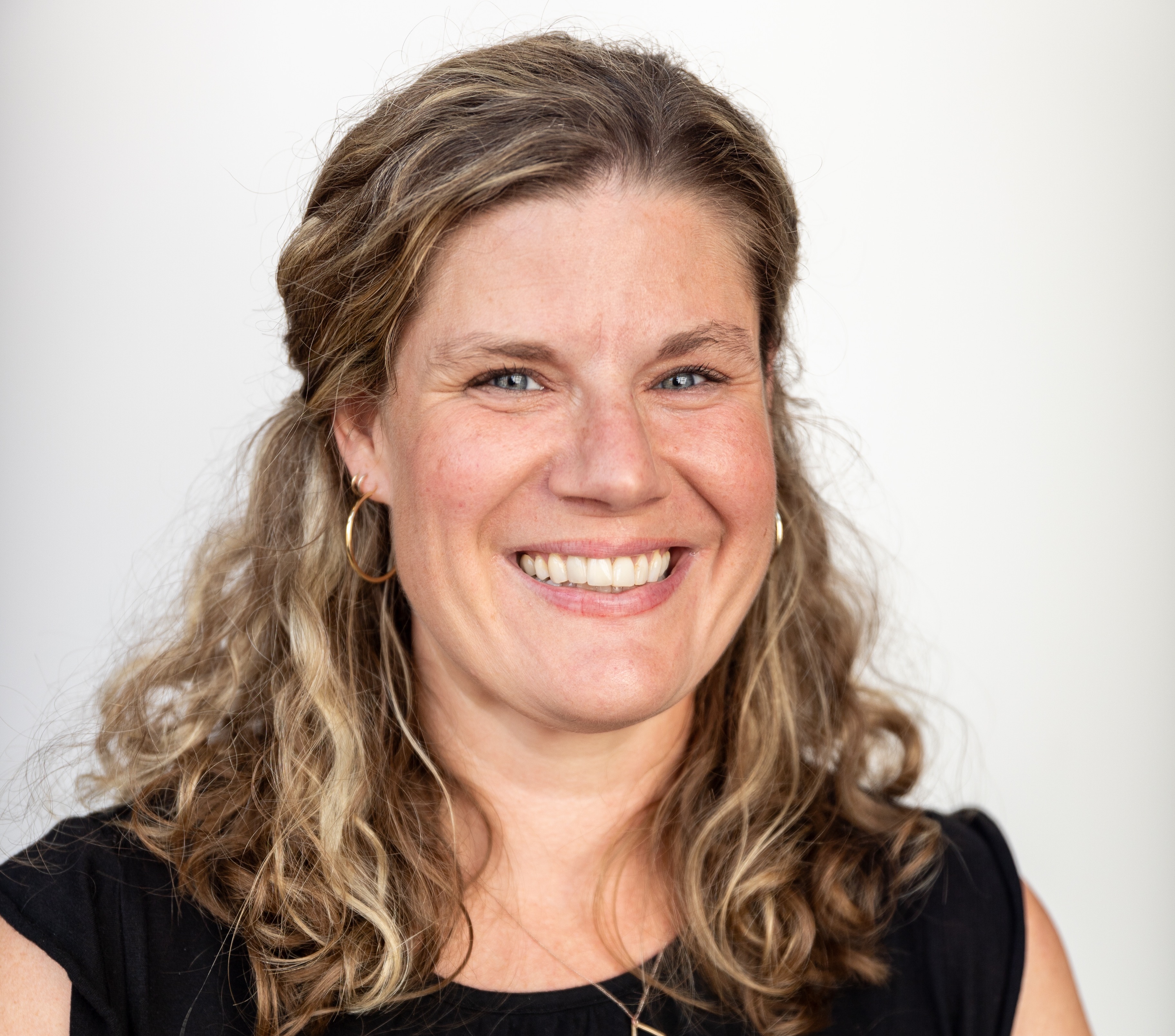
Here’s what I was taught: you are the clinician, and the patient is the patient. Your job is to diagnose and treat. Don’t diagnose or treat friends or family—your emotional closeness could cloud your judgment. And don’t turn patients into friends. Don’t let empathy cross an invisible line. Keep appropriate boundaries.
As a hospitalist, this was simple. As a primary care provider, less so. As a palliative care provider, it’s near impossible. And I’ve realized that’s okay. I no longer feel the need to keep a professional distance from every patient.
With Experience Comes Perspective
I’ve been a PA for 18 years, and in that time, medicine has changed—so have I.
As a hospitalist, my relationships with patients were fleeting. They were people in gowns and hospital beds with serious illnesses, and our interactions rarely veered beyond their immediate health concerns. They generally weren’t talking to me about the price of groceries or their personal issues, and our relationship only lasted until they were discharged.
But when I moved to primary care in my small-ish town, the lines blurred. My patients knew my family; we sat together at basketball games. They asked about my kids, and I worried about them in return. Yet, I clung to professional distance. I rarely shared personal details, convincing myself I wasn’t cut out for that kind of enmeshed small-town medicine.
Now, as a palliative care provider, emotional closeness is part of the job. My leadership team encourages it. We write condolence notes. We attend funerals. We cry—a lot—with our patients.
Opening My Heart in Palliative Care
There is a natural give-and-take when we get to know people. We ask them questions, and they return with questions about our lives. In medicine, this is often one-sided. We ask the questions, and our patients answer. But sometimes, it’s okay to open ourselves up to a closer personal relationship with our patients, and it can pay dividends.
I visit patients in their homes. I meet their families, see their pets, and learn the rhythms of their lives. And I am with them in the most difficult of times, discussing the most intimate details of their lives.
One of my first patients was a man in his 50s with metastatic melanoma. He had a wife and young adult kids. His main goal was to make it to the 4th of July, his birthday. I met him and his wife in June. We talked for over an hour about his wishes, hopes, and the changes they needed to make in their home. He never made it to his birthday.
I only saw this patient once, and no, I didn’t go to his funeral. But I spoke with his wife after he died. She thanked me for the time I had spent with them, and it struck me deeply. In my training, the idea of attending a patient’s funeral had felt inappropriate. Now, I wonder why I resisted.
Protecting Our Humanity in Medicine
Boundaries in healthcare aren’t fixed; they shift with your personal and professional circumstances. As Neda Frayha discusses with her guests on Only Human, boundaries ebb and flow with your personal stage in life, where you work, and who you work with. Accepting this and allowing them to work for you at any given moment is key to preventing burnout.
When I first started out in medicine, I was young and overwhelmed. Working with a socioeconomically disadvantaged population, I couldn’t always practice gold-standard medicine. The gap weighed on me. I burned out quickly and developed strict boundaries to protect myself.
I adjusted to practicing medicine in a way that protected my heart and my personal life. I noticed that there were healthcare professionals around me who practiced vulnerability with their patients, but I didn’t feel I could. I didn’t trust my patients with any of me—my emotions or personal information— and I didn’t want to worry about their personal situations at night when I was lying in bed.
Instead, I developed very clear boundaries in my mind. I deflected any patient questions, concerns, or expressions of empathy about my pregnancy, my babies, or if I had lunch that day. I left work at work. I always finished my notes the same day I saw patients, and I went home and put my clinic day behind me.
When I had small children at home, this felt necessary. I didn’t have the emotional bandwidth to worry about work when I had to worry about home. Now, my children are older. I still don’t have the bandwidth to worry about 100 patients a week, but I can worry about 6. And I do.
Part of Patient Care is Building Relationships
When I started my job in palliative care, one of the clinicians who trained me told me, “Your job here isn’t checking the boxes. It’s building relationships.” The goal is to have my patients trust me enough to share their desires for their lives and medical care so that I can help guide them in the future.
This was a completely new way of viewing patient relationships for me. It doesn’t apply in these extremes in every area of medicine, but it is critical in palliative care. I found that building these patient relationships required that I question some of my previous assumptions, and one of them is an ingrained idea about refusing anything patients try to give me. They are often grateful for our care, and it’s a natural human impulse to want to give back. Accepting the bottle of water a patient offers me on the way out of the door may be important to them. (Of course, I never accept anything of significant monetary value.) Furthermore, many people come from a culture of hospitality, so I build time in my schedule to have tea with them.
The other part of building human relationships is the sharing of yourself. This is how humans interact. So now, when my patients ask about my kids, if I trust them, I don’t always deflect. I have allowed a patient to pray over me, and others have given me advice and lists of resources that might help my other patients. I share only as much personal information as I feel comfortable sharing, but I realized—this isn’t hurting my patients; it’s helping them. It’s also allowing them to serve me a little, the way I am there to serve them.
The Benefit of Being Human With Our Patients
Burnout is a trendy word these days, but those of us who have felt it know it’s real. One of the three parts of its definition is “increased mental distance from one's job or feelings of negativism or cynicism related to one's job.” I definitely felt this near the end of my first job in a community health center.
I don’t feel this at all in my current job in palliative care. I feel so little mental distance that I have spent months questioning it. But I’ve concluded that for me, right now, this is good. It’s good for me, and it’s good for my patients.
This is my personal journey. Every job and every period in your life will lead you to a different conclusion about your necessary boundaries at that point in time. The important part is to consciously examine them so you are setting the boundaries you need—and then holding them. We deserve that, and so do our patients.
Practice-Changing Education
Experience education that goes beyond theory. Explore Hippo Education’s offerings below.

